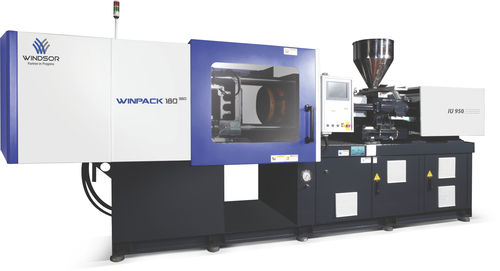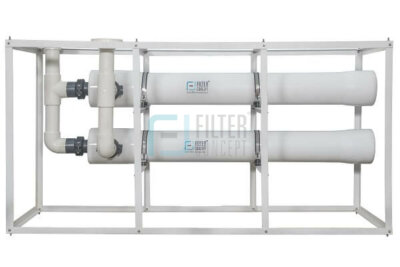Maximising Your Impact: Leveraging 80G for Tax-Exempt Donations

Making a Difference with 80G Donation
In the world of NGOs, generosity and kindness are some of the most essential factors that can help bring an impact. When one person comes forward and contributes towards charitable causes, it creates a ripple effect and inspires others to follow the same path. This is why the Government of India has special provisions in place, such as Section 80G, to encourage people to donate more and also benefit personally from the contribution.
Section 80G of the Tax Act allows individuals and corporations to support NGOs and enjoy tax benefits. In this article, we explore how you can maximise the impact of your donation under 80G and enjoy the tax benefits to the fullest extent. We will also shed light on a children’s NGO working in India that could benefit from your 80G donation.
Understanding Section 80G of the Income Tax Act
Section 80G of the Income Tax Act is crucial for encouraging philanthropy and charitable giving. It allows taxpayers to claim deductions on donations made to specified NGOs. This provision allows individuals and corporations to support worthy causes while reducing their tax liability.
Under Section 80G, donations made to eligible institutions are eligible for deduction from the donor’s taxable income. The amount that can be claimed as a deduction varies depending on the donation’s nature and the recipient’s organisation. It is important for donors to understand the provisions of this section to maximise the benefits of their contributions.
Eligibility criteria for availing tax benefits
To avail of tax benefits under Section 80G, donors must ensure their donations meet specific eligibility criteria, such as:
- The recipient institution must be registered under Section 80G of the Income Tax Act. This ensures that the organisation is recognised by the government and meets the necessary standards of transparency and accountability.
- Donors should obtain a receipt or certificate from the recipient organisation as proof of their donation, specifying details such as the amount donated and the PAN of the donor and recipient.
- When filing their tax returns, donors should include the details of their donations under the appropriate section for claiming deductions. It’s essential to accurately report the donation amount and provide supporting documentation to substantiate the claim. Failure to comply with the documentation requirements may result in tax authorities disallowing the deduction.
By meeting the eligibility criteria and adhering to the guidelines set forth under this section, donors can support meaningful causes and avail tax benefits that incentivise philanthropy and social responsibility.
Why Donate to Children’s NGOs
Supporting children’s welfare is not just a moral imperative; it’s an investment in the future of our society. By donating to Children’s NGOs such as Bal Raksha Bharat (also known as Save the Children), individuals and corporations can play a crucial role in ensuring a brighter future for the next generation.
80G Donations to Bal Raksha Bharat impacts various aspects of a child’s life, including education, healthcare, nutrition, and overall development. This NGO has been working in India for the past 15 years and has impacted the lives of more than 10 million children. Bal Raksha Bharat operates in 15 states and 3 Union Territories in India.
Maximising Impact Through Strategic Donations
Maximising the impact of 80G donations requires strategic planning and thoughtful consideration of the most effective ways to allocate resources. One key strategy is to focus on projects and initiatives with the potential for long-term sustainability and lasting impact. Instead of solely addressing immediate needs, donors can invest in programmes that address the root causes of social issues, such as education inequality and healthcare access. Donors can create lasting positive change that extends far beyond the initial donation by supporting initiatives that promote systemic change and empower communities to become self-sufficient.
Another important consideration is the choice between long-term and short-term giving strategies. While short-term interventions may provide immediate relief in times of crisis or emergency, long-term investments offer the opportunity for sustained progress and transformation. Donors can choose to support ongoing projects and programmes that address persistent social challenges, providing stability and continuity to organisations working on the frontlines of social change.
The Way Forward
A donation under 80G offers many benefits, both for the donor and the recipients of their generosity. By availing tax deductions under this provision, individuals and corporations support meaningful causes and enjoy reduced tax liabilities, making their contributions go even further. Moreover, by channelling funds towards Children’s NGOs, donors directly impact the lives of vulnerable children, providing them with access to education, healthcare, and opportunities for a brighter future. The combination of tax benefits and social impact makes donating under 80G a powerful tool for driving positive change and making a tangible difference in the world.





